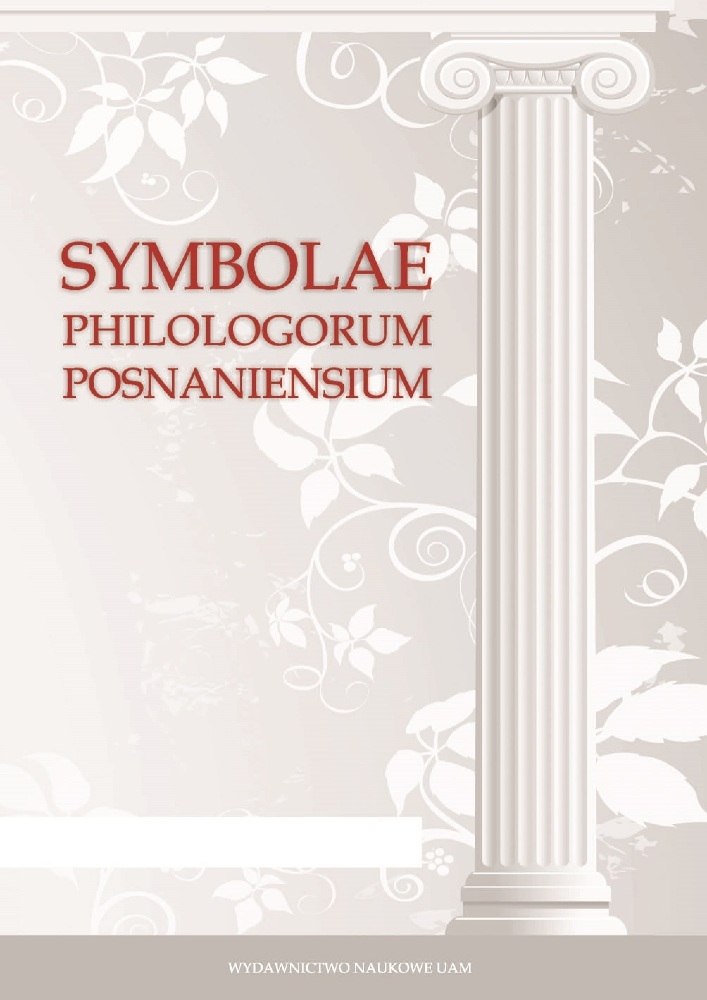Abstract
Ezra Pound was obsessed with Ulysses. He identified with him throughout his Cantos, a work Pound opens by stealthily reworking a passage from an obscure 16th-century Latin translation of Homer’s Odyssey. The son of Homer Pound, Ezra led a Ulyssean life in various senses – leaving his home country only to return after his adventures, simulating madness, telling lies. He shares the lying and the way of life with his contemporary Lawrence of Arabia. Both translated the Odyssey and both, like Ulysses, lost all their friends (or alienated nearly everyone). All three were much despised for their habits, Ulysses in general by the Greek classical tragedians, Pound in particular by George Orwell, and Lawrence by practically everybody.
Literaturhinweise
Bush 1976: Bush, R. 1976. The Genesis of Ezra Pound’s Cantos. Princeton.
Carpenter 1988: Carpenter, H. 1988. A serious character: The Life of Ezra Pound. London.
Eliot 1954: Eliot, T.S. 1954. Literary Essays of Ezra Pound. London.
Ferrall 2001: Ferrall, C. 2001. Modernist Writing and Reactionary Politics. Cambridge.
Flack 2015: Flack, L.C. 2015. Modernism and Homer: The Odysseys of H.D., James Joyce, Osip Mandelstam, and Ezra Pound. Cambridge.
Flory 1980: Flory, W.S. 1980. Ezra Pound and The Cantos: A record of struggle. New Haven.
Hammond 2000: Hammond, M. 2000. Homer: The Odyssey. London.
Hesse 1964: Hesse, E. 1964. Ezra Pound: Cantos 1916–1962. München.
Highet 1949: Highet, G. 1949. The classical tradition: Greek and Roman influences on western literature. Oxford.
Kearns 1980: Kearns, G. 1980. Guide to Ezra Pound’s Selected Cantos. Folkestone.
Knox 1991: Knox, B.M.W. 1991. “Lawrence’s Odyssey.” Arion 1: 17–28.
Lewis 1952: Lewis, W. 1952. The Writer and the Absolute. London.
Mayhead 1958: Mayhead, R. 1958. The Poetry of Tennyson. In: From Dickens to Hardy. Ed. by B. Ford. Harmondsworth.
Orwell 1968: Orwell, G. 1968. The Collected Essays, Journalism and Letters. London.
Paige 1951: Paige, D.D. 1951. The Letters of Ezra Pound 1907–1941. London.
Pound 2012: Pound, E. 2012. Die Cantos. Zürich.
Ricks 1969: Ricks, C. 1969. The poems of Tennyson. London.
Robbins 1973: Robbins, T. 1973. “Tennyson’s “Ulysses”: The Significance of the Homeric and Dantesque Backgrounds.” Victorian Poetry 11: 177–93.
Sullivan 1969: Sullivan, J.P. 1969. “Ezra Pound and the Classics.” In: New Approaches to Ezra Pound: A Co-ordinated Investigation of Pound’s Poetry and Ideas. Ed. by E. Hesse, 215–41. London.
Wilhelm 1990: Wilhelm, J.J. 1990. Ezra Pound in London and Paris (1908–1925). University Park.
Lizenz
